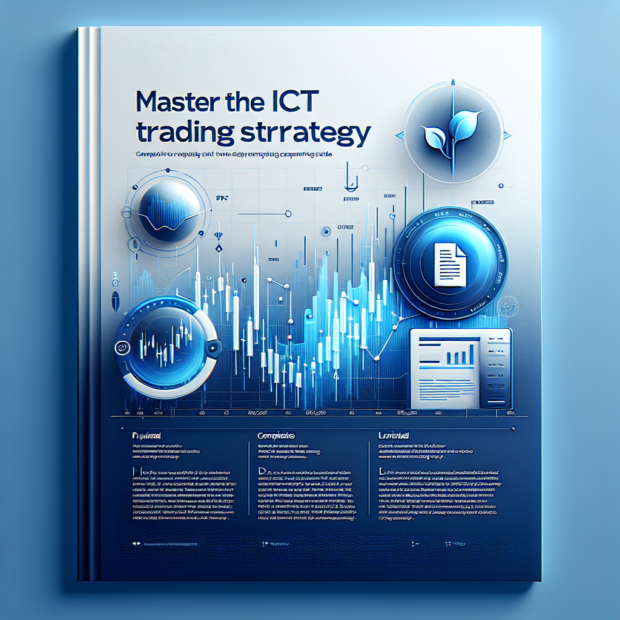Top Financial News You Need to Know Right Now
In the ever-evolving world of finance, staying informed is crucial for making sound investment decisions. Whether you’re a seasoned trader or a casual investor, understanding the latest trends and economic indicators is key to navigating the market. Below, we compile some of the most important financial news you need to know right now.
1. Market Volatility: What’s Causing the Fluctuations?
Recently, investors have been grappling with increased market volatility. Several factors contribute to this unsettling trend:
- Economic Data Releases: Weekly jobless claims, inflation reports, and consumer sentiment indicators are causing uncertainty in trading patterns.
- Geopolitical Tensions: Ongoing conflicts in key markets raise concerns about global economic stability, influencing investor confidence.
- Interest Rate Changes: The unpredictability of interest rate hikes continues to sway market performance, as traders react to the Federal Reserve’s actions.
Key Takeaway:
Investors should remain vigilant and consider adjusting their portfolios in response to these fluctuations. Diversification and risk management are more critical than ever.
2. Cryptocurrency: Is it Still a Viable Investment?
The cryptocurrency market has been a rollercoaster ride. Recent headlines have sparked debates about its viability:
- Regulatory Scrutiny: Governments worldwide are tightening regulations on cryptocurrency exchanges. This has led to a more stable market but raised concerns for miners and traders.
- Institutional Adoption: Major firms are adding cryptocurrencies to their balance sheets, indicating growing acceptance of digital assets in mainstream finance.
- Market Innovations: Projects like DeFi (Decentralized Finance) and NFTs (Non-Fungible Tokens) continue to evolve, representing potential new revenue streams.
Key Takeaway:
While cryptocurrency remains volatile, its integration into traditional finance suggests that it’s not going away anytime soon. As always, do your research and only invest what you can afford to lose.
3. Inflation: Understanding the Current Trends
Inflation has emerged as a leading topic in economic forecasts. Recent reports indicate:
- Consumer Price Index (CPI): The CPI has shown a sharp uptick, raising concerns about purchasing power and affordability.
- Energy Prices: Fluctuations in oil prices have a direct impact on inflation rates, affecting everything from gas prices to food costs.
- Supply Chain Disruptions: Ongoing global supply chain issues continue to exacerbate inflationary pressures, prompting discussions about sustainability and local sourcing.
Key Takeaway:
Investors should consider inflation as they differentiate between growth and value investments. Real assets like commodities and REITs (Real Estate Investment Trusts) may offer effective hedges against rising prices.
4. The Rise of ESG Investing
Environmental, Social, and Governance (ESG) investing continues to gain traction among funds and individual investors. Why is this important?
- Investor Demand: There is a notable shift towards sustainable investing driven by both millennials and Gen Z, who prioritize ethical considerations.
- Performance Metrics: Studies suggest that companies with strong ESG practices often outperform their peers, making them attractive for long-term investment.
- Regulatory Changes: Governments are beginning to incentivize ESG practices, opening new doors for compliant businesses.
Key Takeaway:
With growing consumer interest and regulatory support, incorporating ESG factors into investment strategies may yield long-term benefits.
5. Market Outlook: What to Expect Moving Forward
As we look at the horizon of the financial markets, here are several forecasts:
- Continued Volatility: Short-term fluctuations are expected, influenced by earnings reports and economic announcements.
- Sector Rotation: Tech stocks may experience a rebound after the looming corrections in value sectors like energy and commodities.
- Global Economic Recovery: The pace of recovery remains uneven, with particular focus on sectors such as travel and hospitality, which have been slow to rebound.
Key Takeaway:
Remaining agile and informed will be crucial. Monitor the economic indicators closely, as they often serve as narrators for market trends.
Conclusion: Stay Informed, Stay Engaged
The financial landscape is complex and ever-changing. To remain competitive and informed, dedicate time to understanding current events and economic indicators. Regularly check reputable sources, engage with community discussions, and consider subscribing to financial news newsletters to stay one step ahead of the curve.
By equipping yourself with knowledge and insights, you’ll be better positioned to make informed investment choices and navigate any challenges that the market may pose.
“`








Be the first to leave a comment